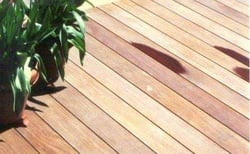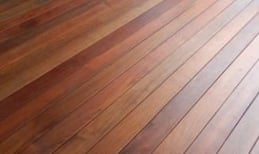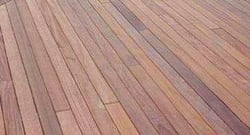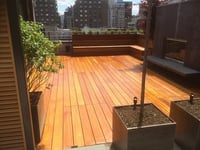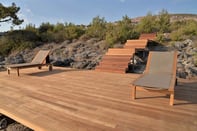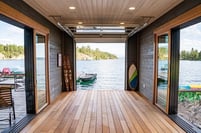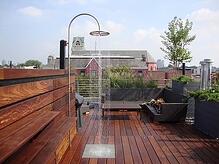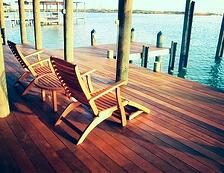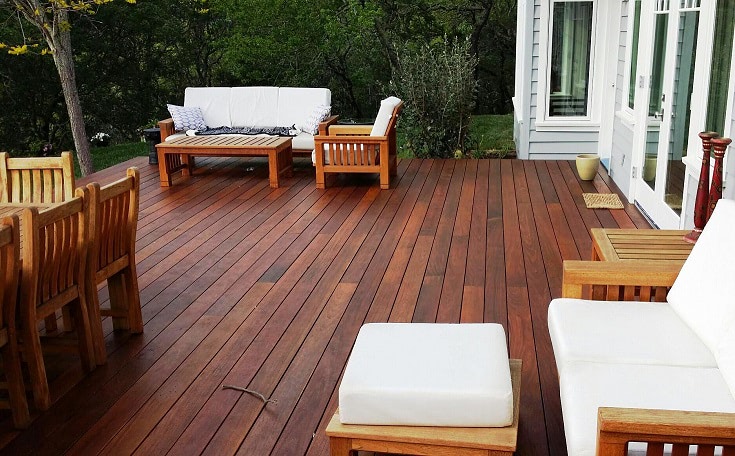
Mataverde Hardwood Decking Options
Designing or building a deck? MataverdeDecking.com is the best source for the finest selection of sustainably harvested, premium wood decking materials. We search the world for the highest quality building materials because, like you, we demand quality, beauty and durability when it comes to decking materials.
Whether you are building a backyard deck, porch, dock, or a boardwalk, choose from the finest deck material options available to best meet your project needs. A wooden deck is an intimate space that can be used as you wish, for many outdoor activities. Choose from many types of wood decking species and decking board sizes.
Not sure which decking material will work best for you?
Download your FREE copy of the "Ultimate Guide to Selecting the Right Decking"
Premium Hardwood Decking Materials
Click a photo to learn more about each decking wood category
|
|
|
Seeing is believing. Request a free sample to get a feel for the quality of Mataverde wood decking.
Need some design inspiration?
DOWNLOAD the "Deck Design Ideas Portfolio"
61 page book featuring over 150 deck design ideas!
Looking for pricing for a new deck?
Request a Decking Quote today.
RELATED:


